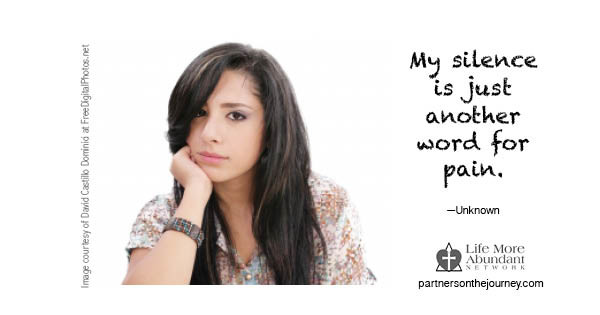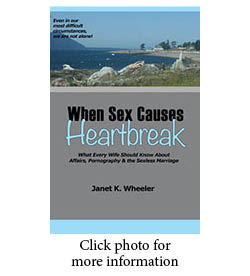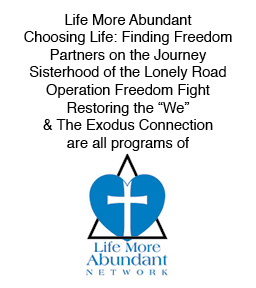Anger is a strange thing. It is rarely what it seems. It serves as a disguise for some emotions and yet hides behind others.
It is considered a secondary emotion. It takes over and provides a way of not showing or feeling another emotion that is uncomfortable for us.
IT PROTECTS
Remember that little boy on the playground that was always punching or bad-mouthing his closest buddies or the little girl that he “likes”? He wasn’t really angry at his friends, he just didn’t know what to do with his real feelings. He was likely experiencing confusion, embarrassment, or general uneasiness about his first awarenesses of feeling connected to someone outside his family. These new emotions made him feel vulnerable and, therefore, didn’t feel safe. Subconsciously masking those “weak” feelings with anger made him feel strong and in control, once again.
These types of early experiences, reinforced by societal messages about real men being “tough,” taught many men that vulnerable emotions like fear, sadness, guilt, embarrassment or jealously could be avoided with anger. Their brain quickly learned to switch to it at the first sign of a vulnerable emotion.
IT HIDES
Women tend to make this anger business even more complicated. Whether it’s due to societal conditioning or just the natural nurturing nature of women, many have convinced themselves that anger — especially in its more volatile forms—is dangerous or unladylike. Although they may express anger about small, relatively inconsequential things, many women have a hard time acknowledging anger relating to their deepest emotional hurts.
When I initially asked the women I was working with what they were most angry about, I was surprised how many of them would say they weren’t angry at all.
Their husband had betrayed them. Their life was falling apart. Their future was uncertain. It would be natural to expect that they would feel at least a little bit mad.
As they began to explore their feelings deeper through journaling and prayer, almost all of them became aware that they were indeed angry—very angry—about many of the situations in their life. They had, unknowingly, distanced themselves from an emotion they didn’t know how to handle.
Until we are able to first acknowledge our anger and, then, what it is behind it, we cannot resolve it. With nowhere to go, it very often hides just beyond our conscious awareness and creates a non-specific anxiety or depression.
Some women even experience chronic physical problems that can be directly tied to the repression of intense emotions.
TRUTH BRINGS FREEDOM!
The good news is, you aren’t stuck with the anxiety, depression, illness, or other consequences that might come from avoiding your real emotions. Giving yourself permission to explore and feel the real pain in your heart will ultimately bring freedom.
As long as we are confusing anger with anxiety or any other emotion we will be unable to resolve its cause. Once we are finally able to identify it correctly, we are one huge step closer to being able to deal with it in a healthy, effective manner that will reduce or eliminate the negative emotional and physical struggles we are experiencing.
We’ll be looking at some ways to do that in our next blog post.
“Then you will know the truth, and the truth will set you free.” — John 8:32
TODAY’S CHAT: Have you ever, knowingly, shown one emotion to hide another one? If so, what kept you from just being real?



Leave A Response